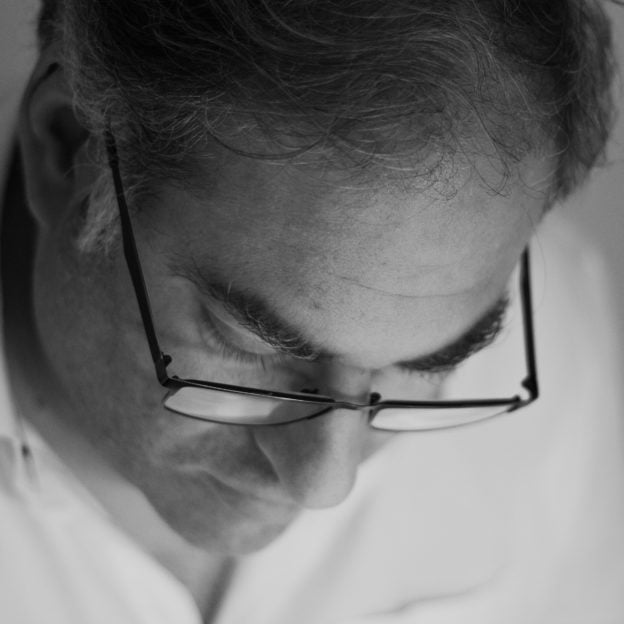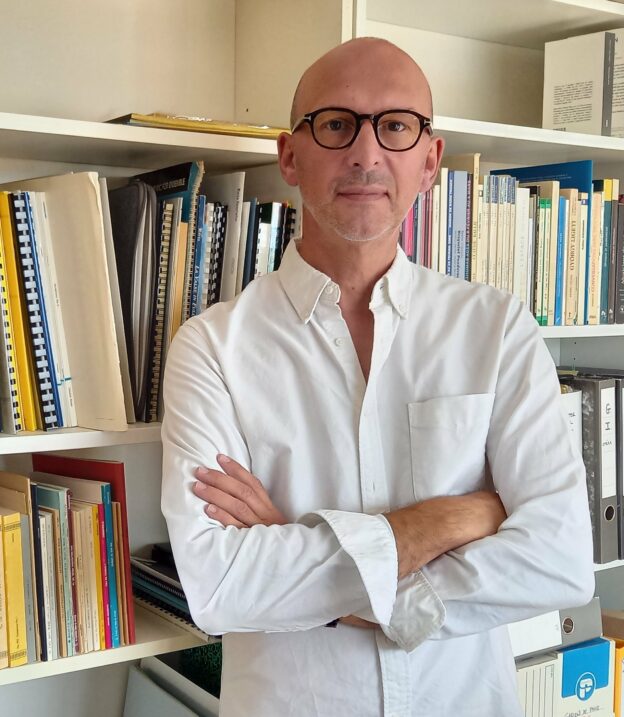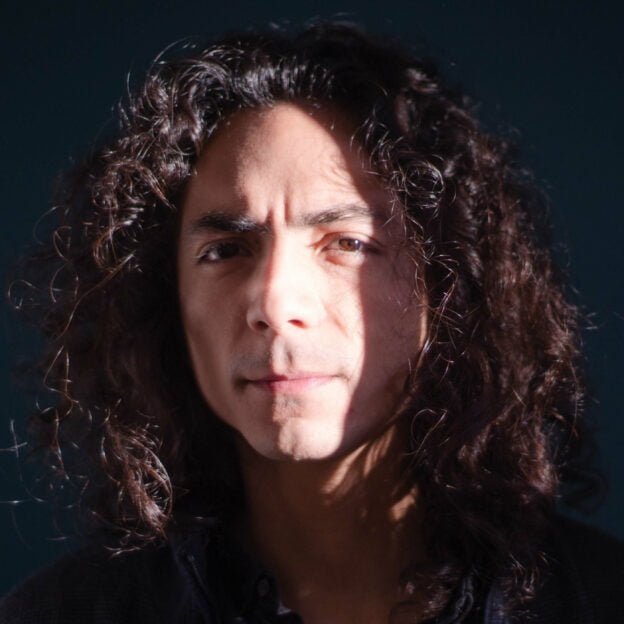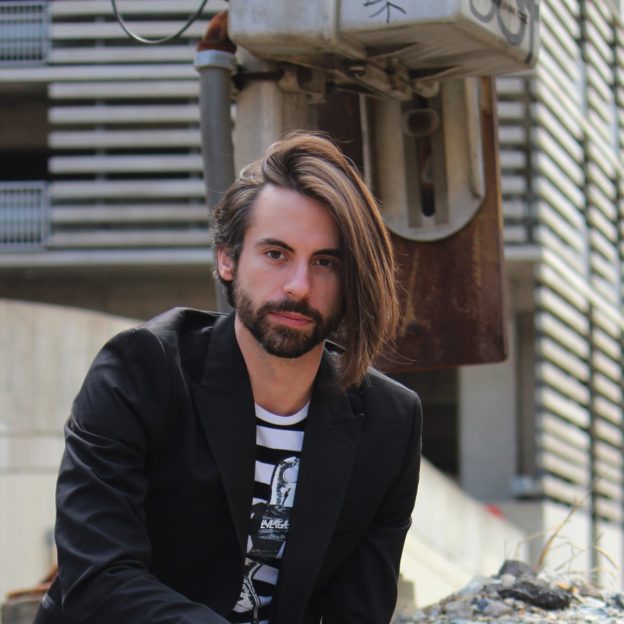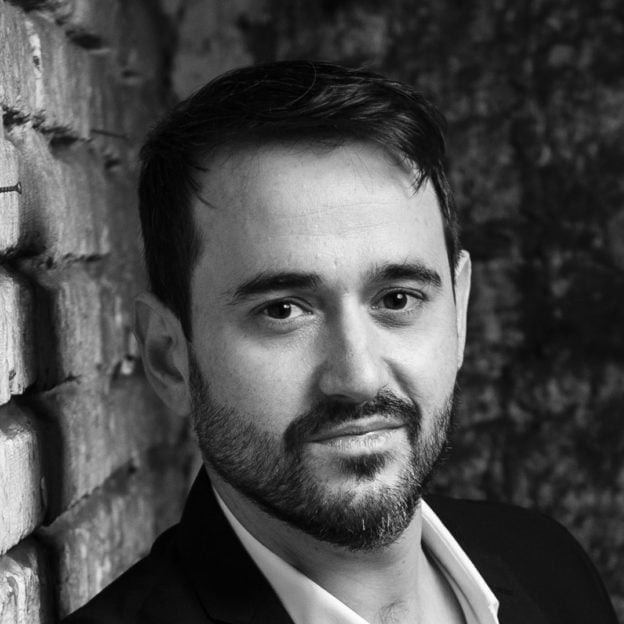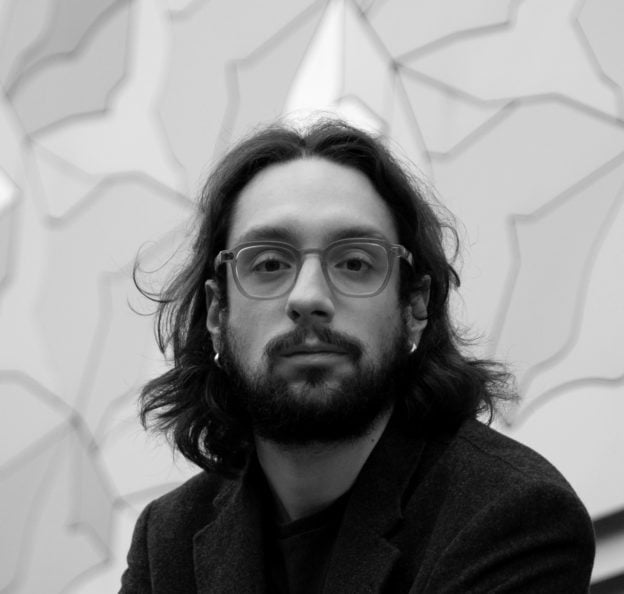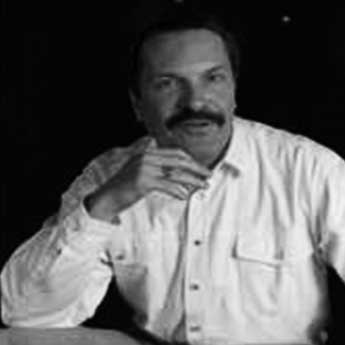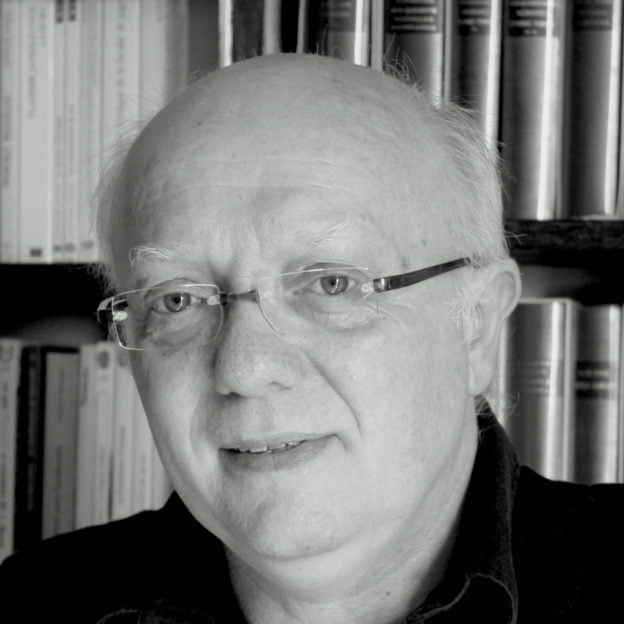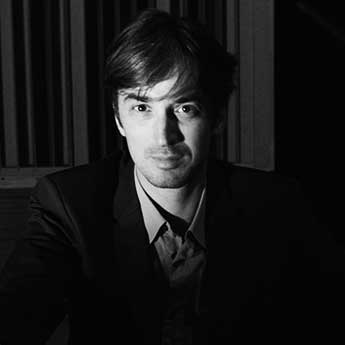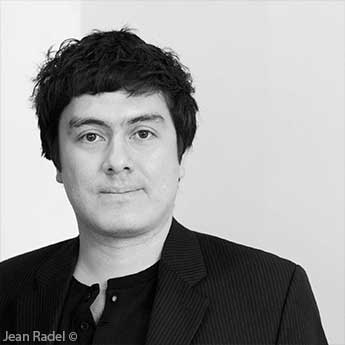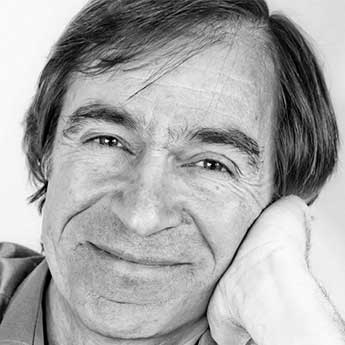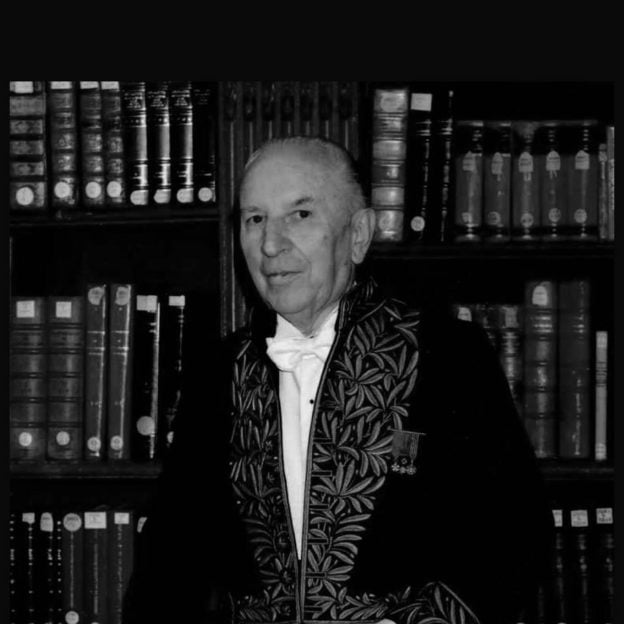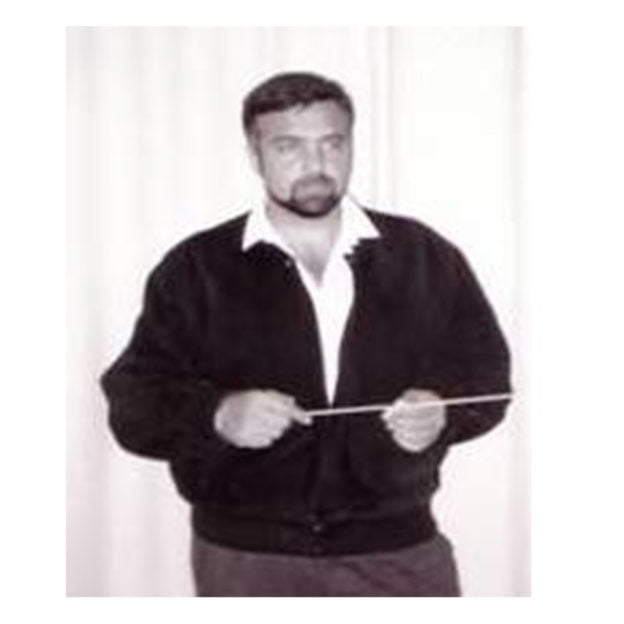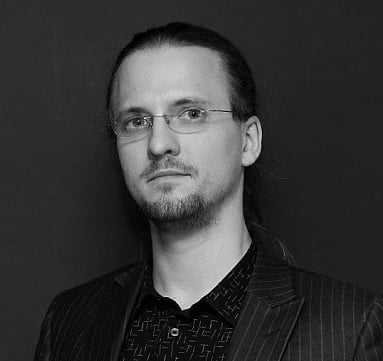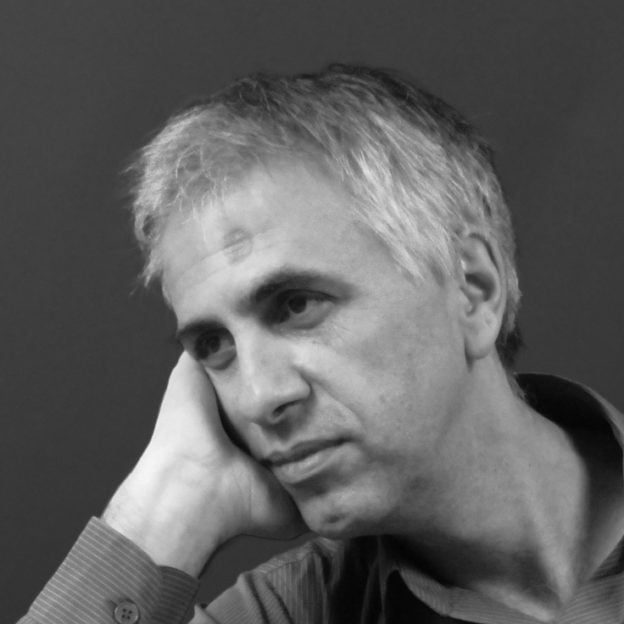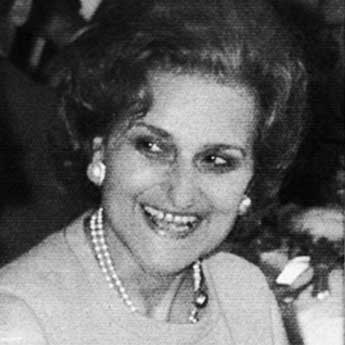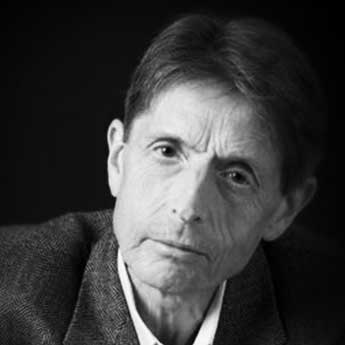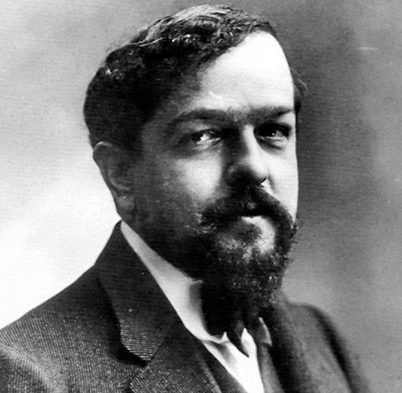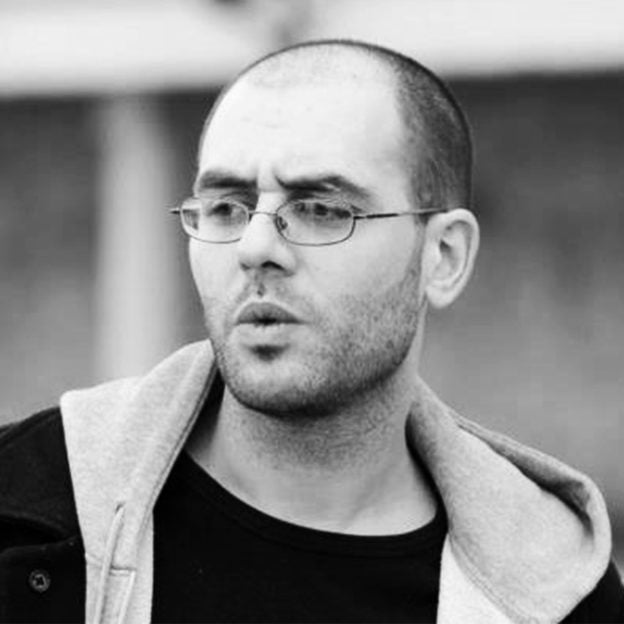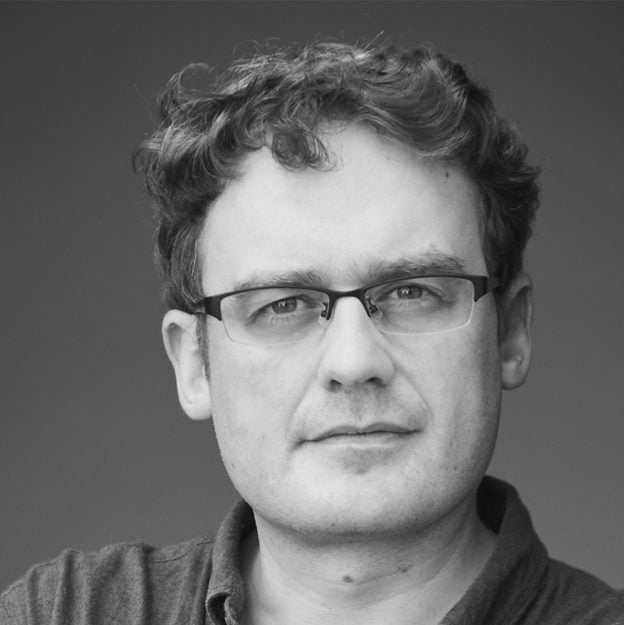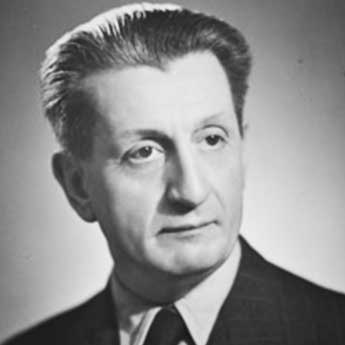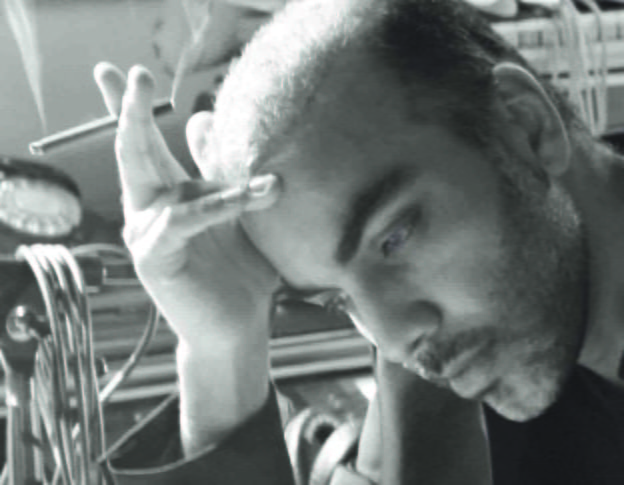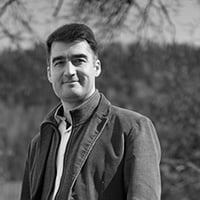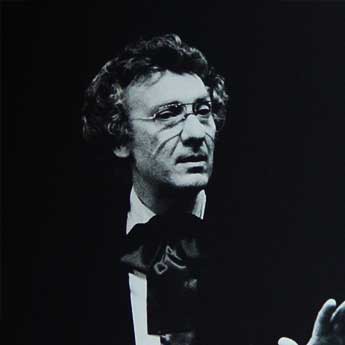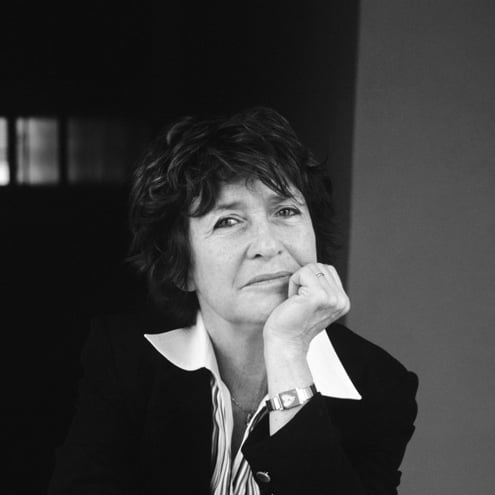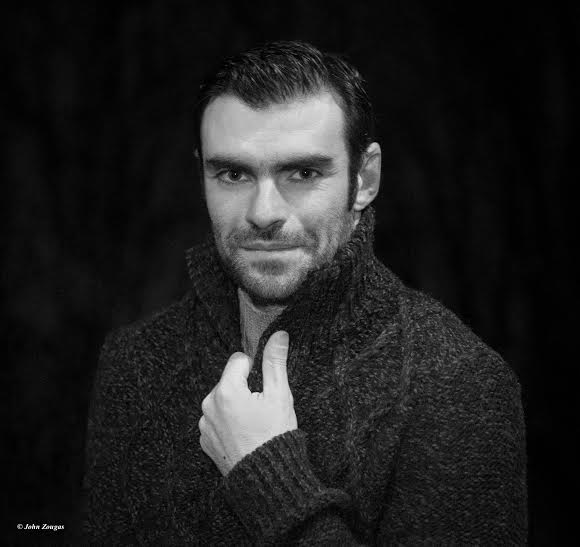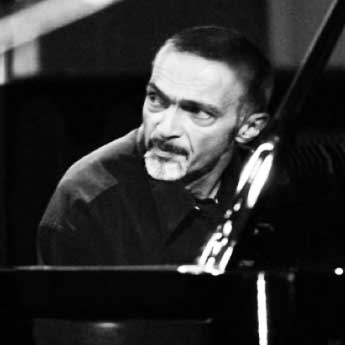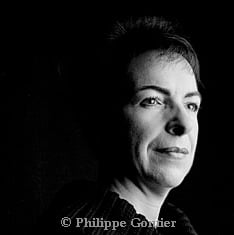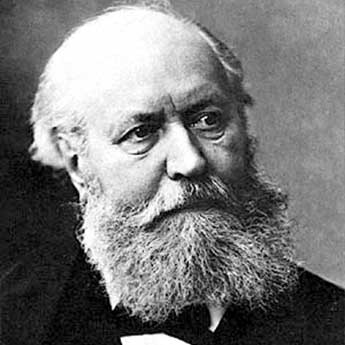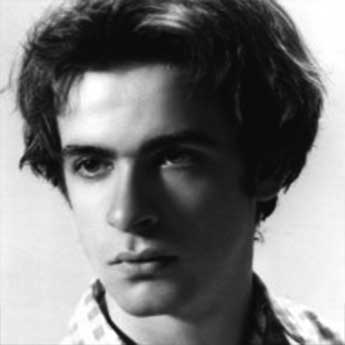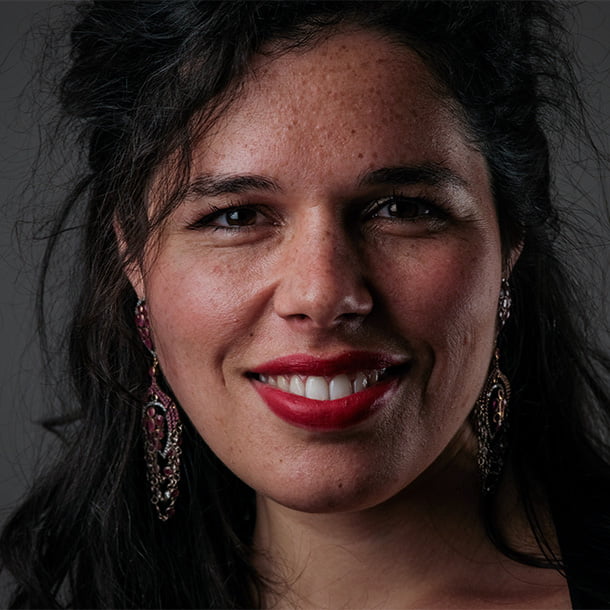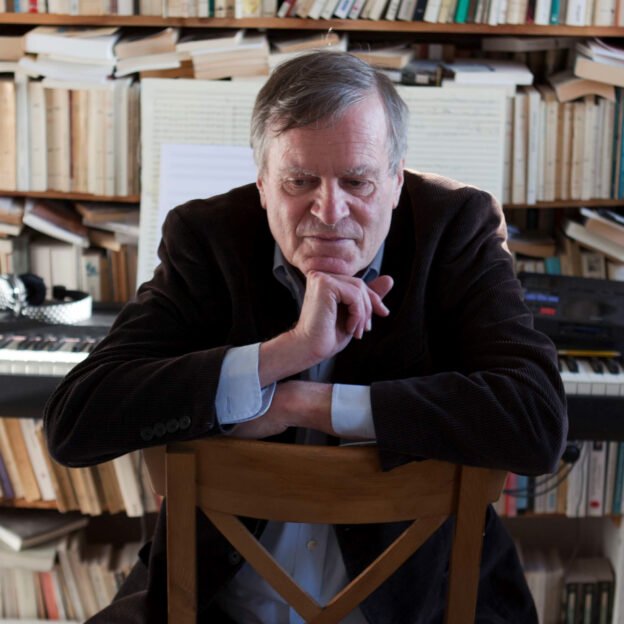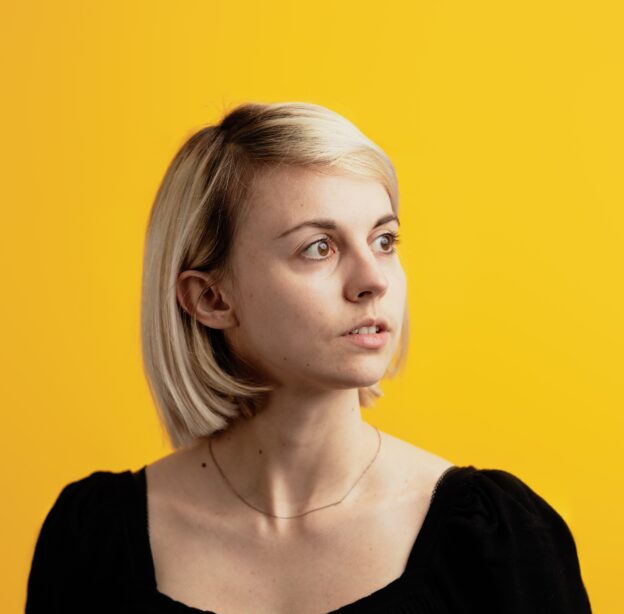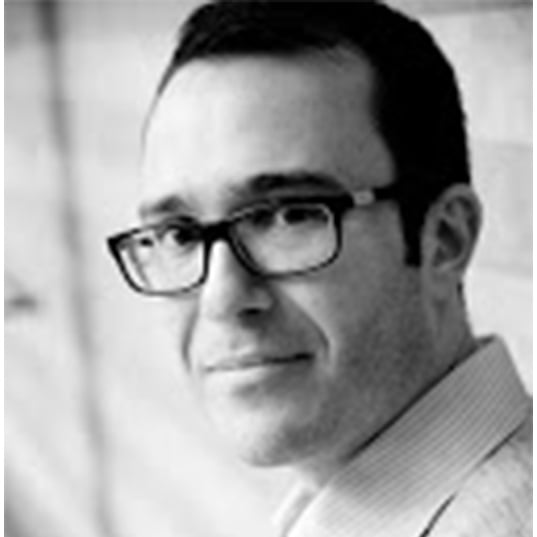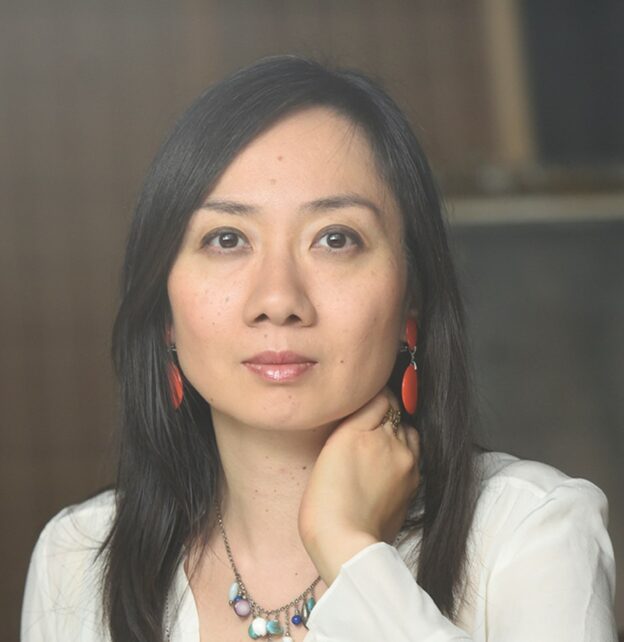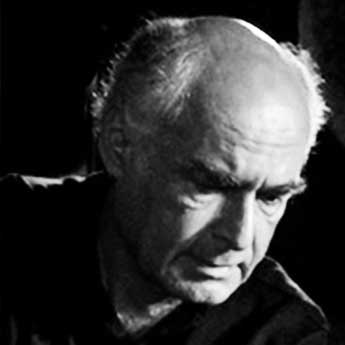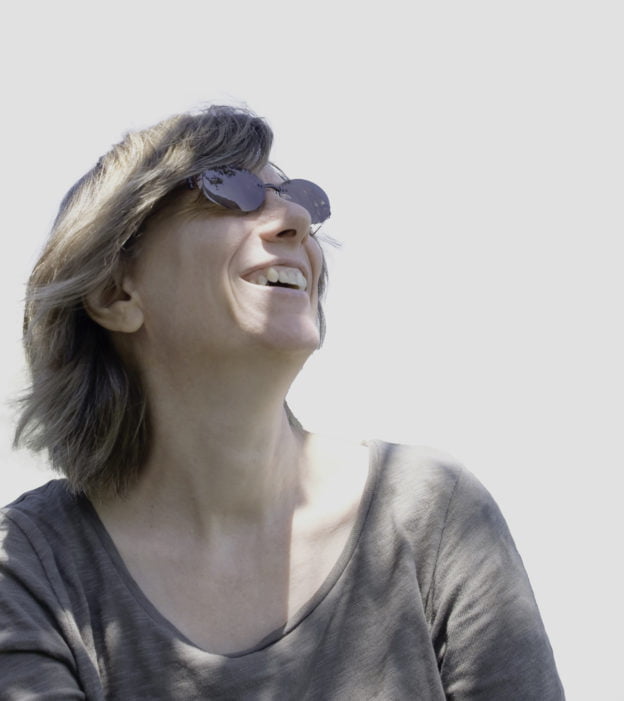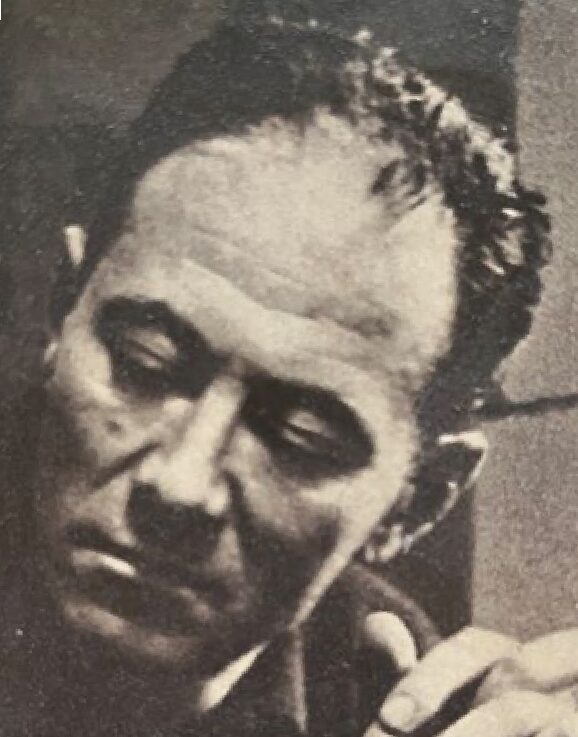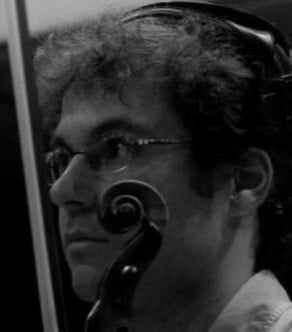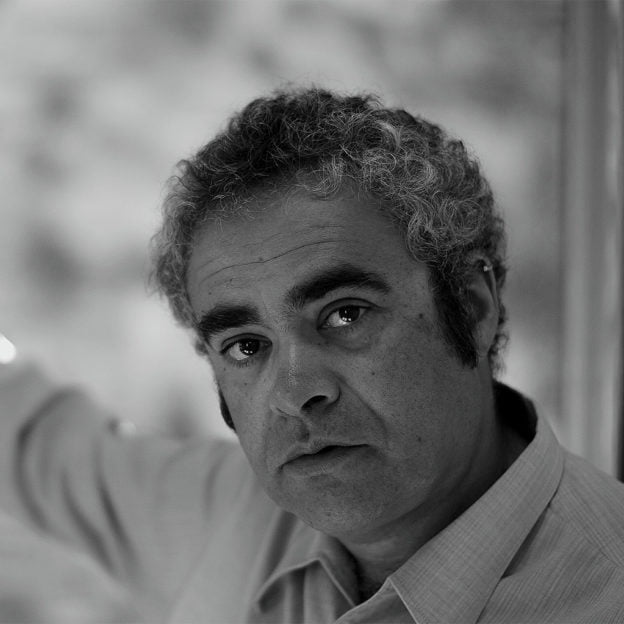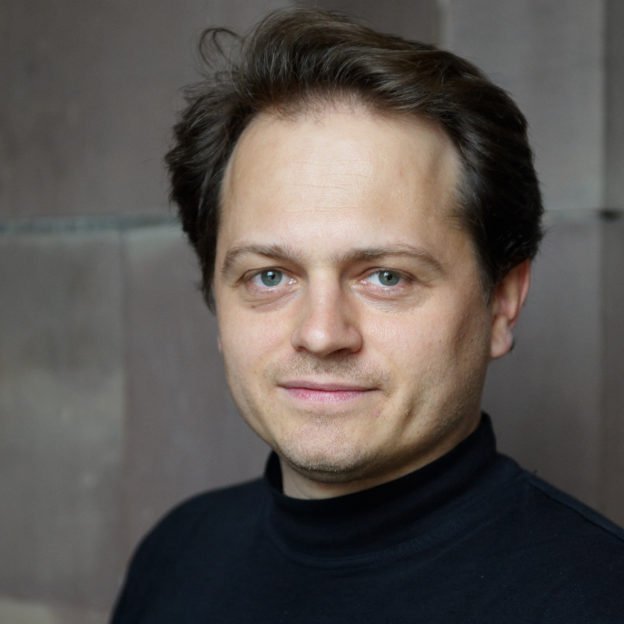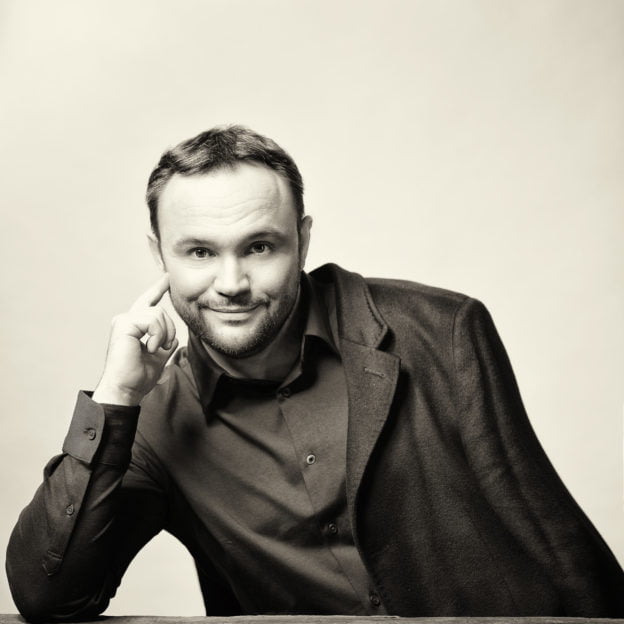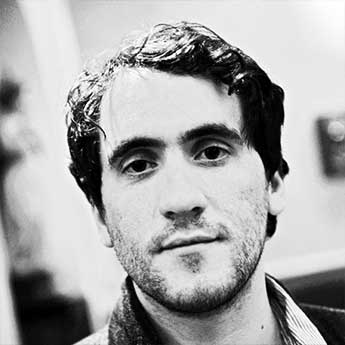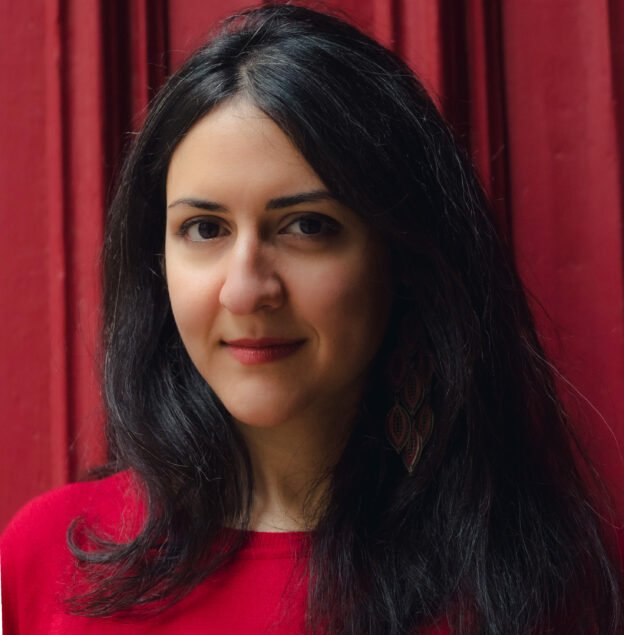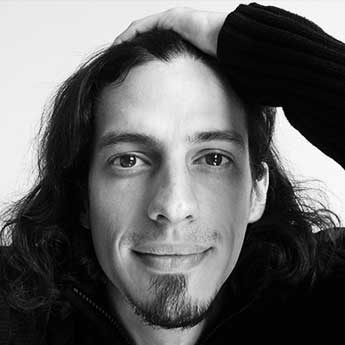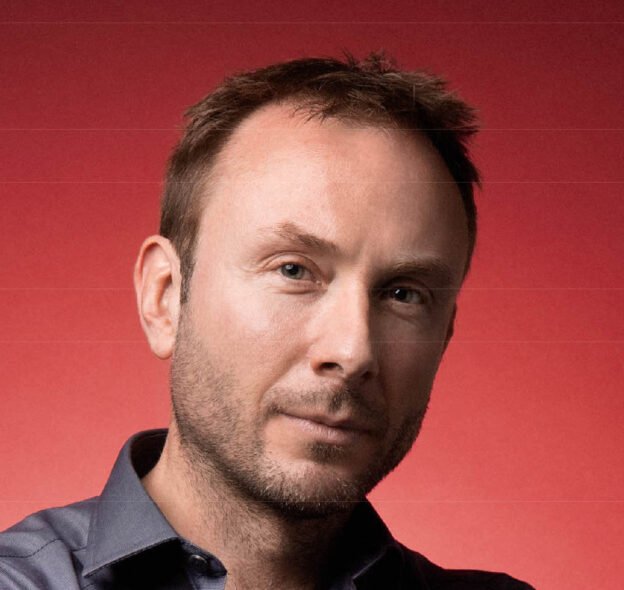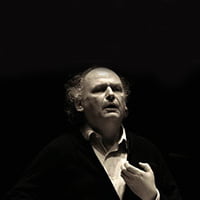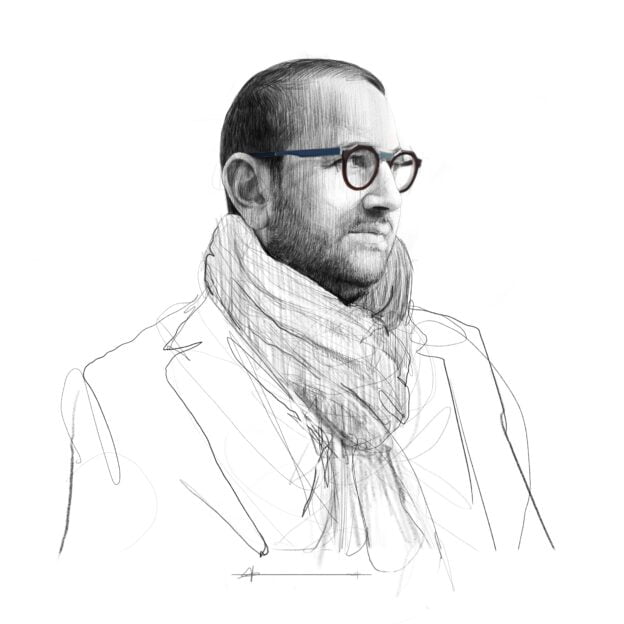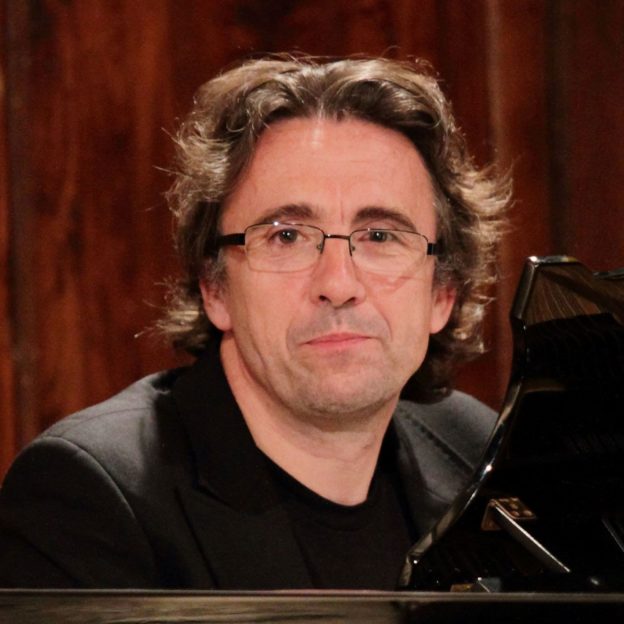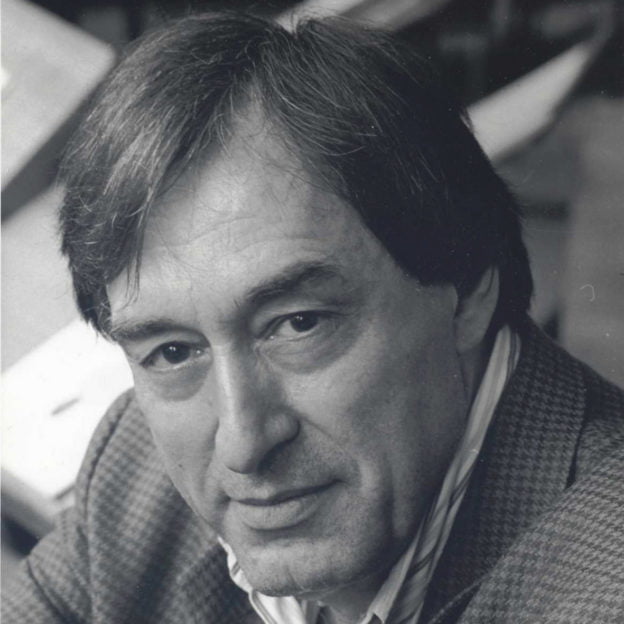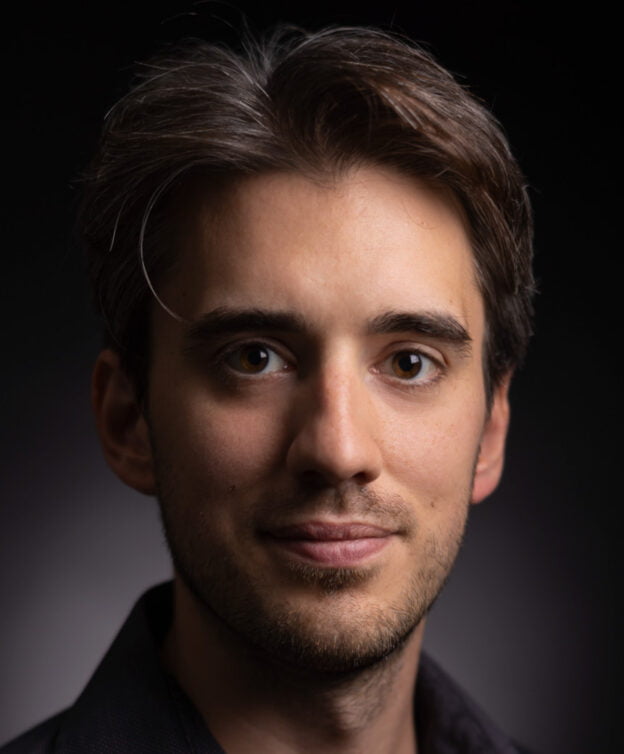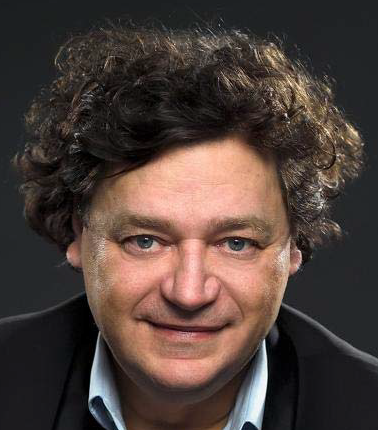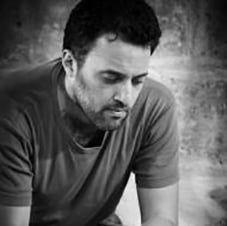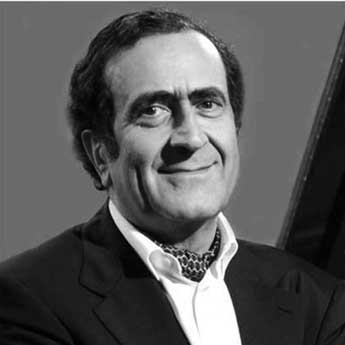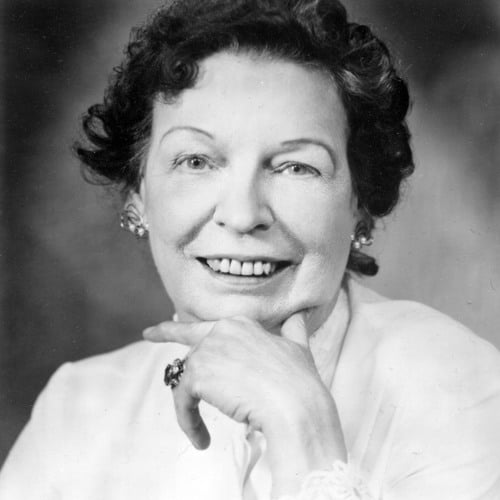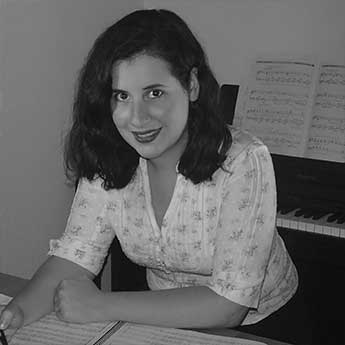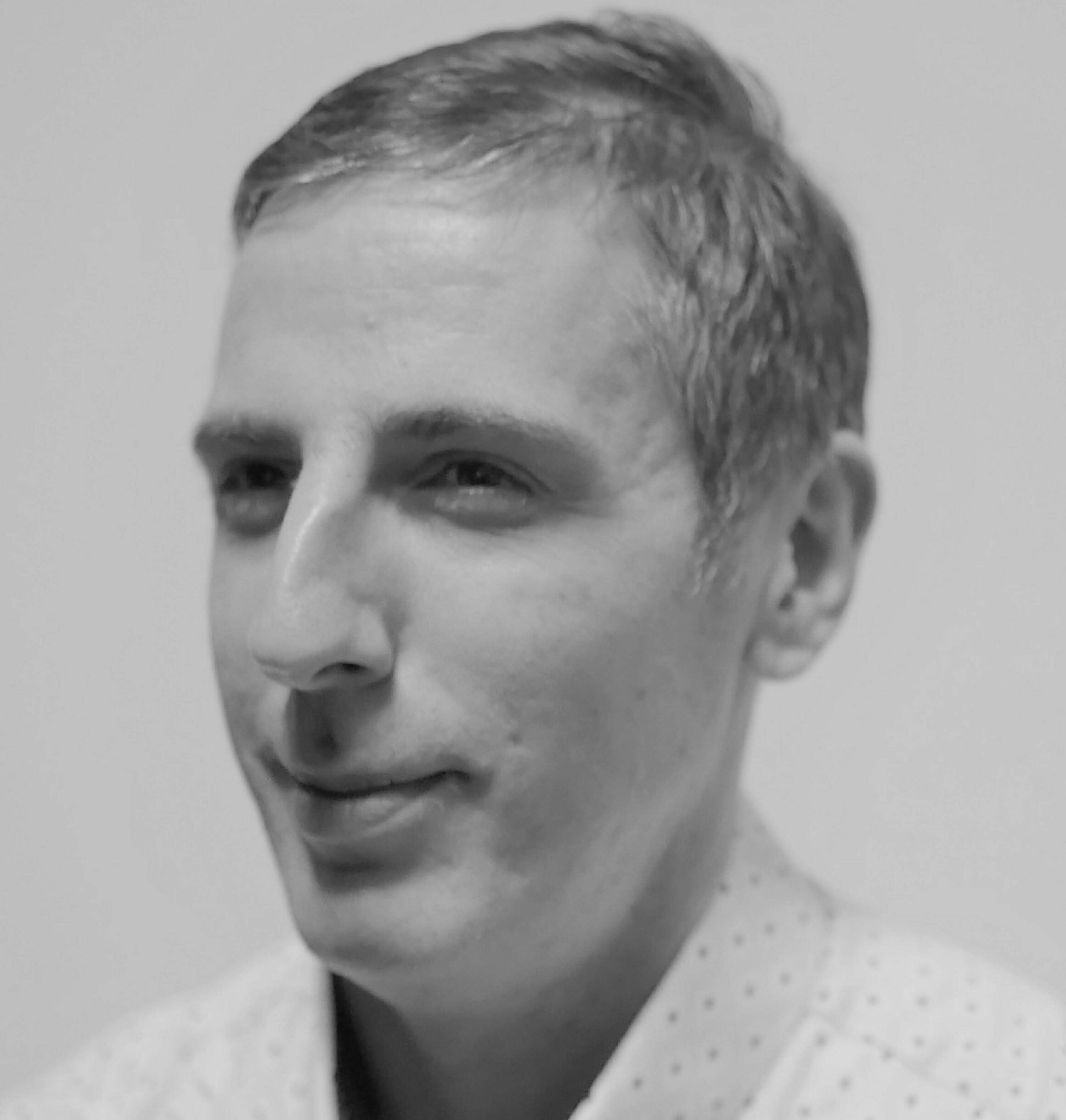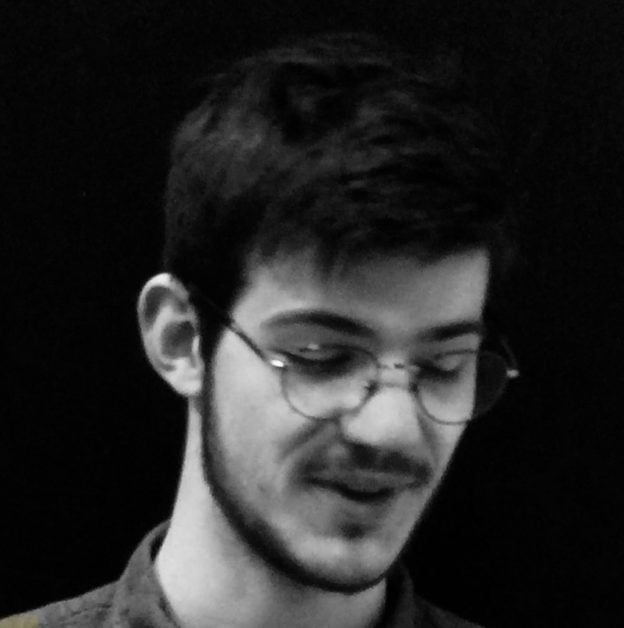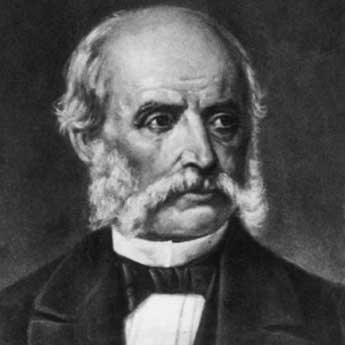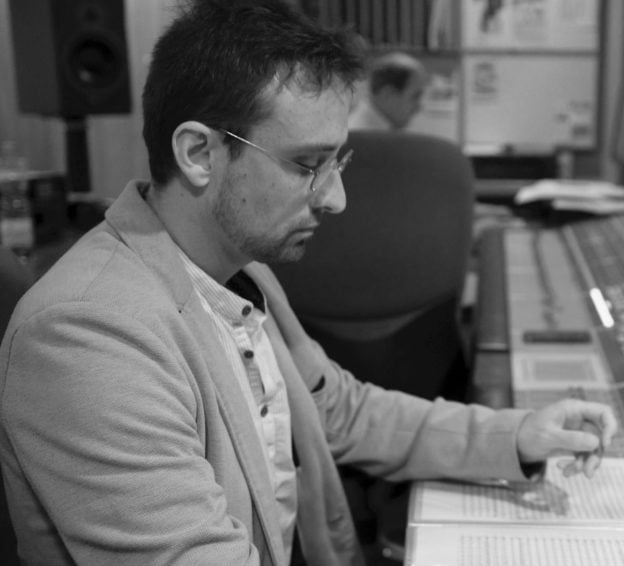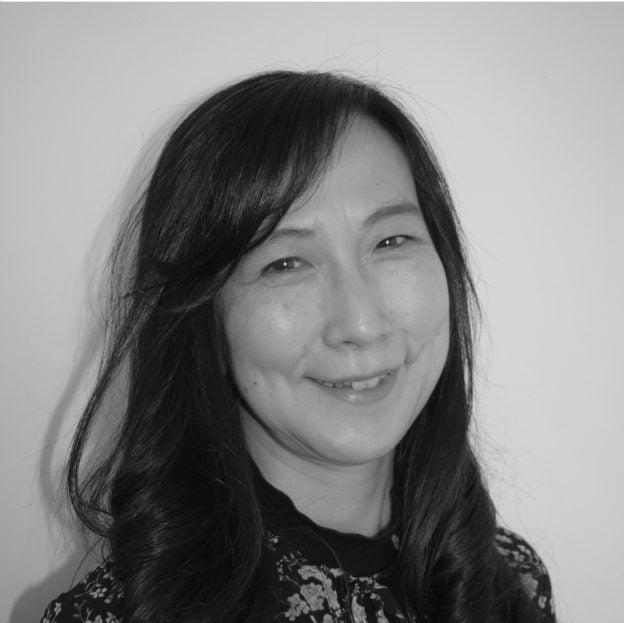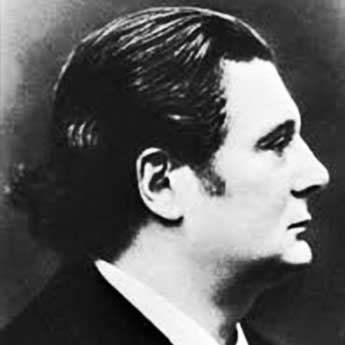SCHŒLLER Philippe
Né en 1957
He is the author of over 84 works performed in Europe, Russia, New York, San Francisco and Japan. From an early age, he received a solid traditional musical training: piano with Jean-Claude Henriot, choral singing in Justus von Websky’s Bach Choir, harmony & counterpoint with Béatrice Berstel, introduction to conducting at the École Normale de Musique (Paris) with Gérard Dervaux, analysis with Robert Piencikowski.
Compositions
Solos
-
Eclipses
for piano
-
Elfique
for violin
-
Kaleidoskop Walz
for piano
-
Omaggio Henri Dutilleux
for cello
-
Trois Préludes
for piano
-
Zéphyr
for solo cello
Duos
-
Steel I
for piano & bass clarinet
-
Three Preludes New York City
for piano & cello
-
Vénus Philia
for piano & harp
Trios
-
Delta
for mandolin, guitar & harp (conductor)
-
Delta
pour mandoline, guitare & harpe (conducteur et parties séparées)
-
Visions de Nefertiti I
for harp, alto flute & viola
Quatuors
-
Contrast
for string quartet
-
Dance For Hermes
for cello, lyra & 2 percussion instruments (conductor and separate parts)
-
Extasis
for string quartet
-
Extasis
for String Quartet
-
Seven
for string quartet
-
Steel II
for piano, bass clarinet, viola & cello (conductor and separate parts)
-
Steel II
for piano, bass clarinet, viola & cello (conductor and separate parts)
Instrumental ensembles
-
Atlas
for solo trombone & orchestral ensemble
-
Atlas
for solo trombone & orchestral ensemble (conductor and equipment)
-
Classic – Hermès IV –
for septet
-
Classic – Hermès IV –
for septet (conductor and equipment)
-
Omaggio Nelson Mandela
for Brass-Band
-
Visions de Nefertiti II
"chamber" music for nonet
-
Visions de Nefertiti II
chamber music for nonettes (driver and equipment)
Musique Symphonique
-
Freiheit
for chamber orchestra
-
Freiheit
for chamber orchestra (PO and material)
-
Hermès V
for orchestral ensemble (PO and material)
-
J’Accuse (Copie)
music from Abel Gance's film of the same name for full orchestra (PO and material)
-
Âme
for full orchestra (PO and equipment)
Musique Vocale
-
Ardor
for mixed choir with individual percussion
-
Eros one
for 2 choirs of 6 symmetrical a capella voices
-
Eros songs
for 2 choirs of 6 symmetrical a capella voices
-
Esile
for mixed choir, piano & accordion (conductor and separate parts)
-
Trio Miroirs
for soprano, violin & piano poem by Philippe Schœller
Films in Concerts
-
Das Alte Gesetz
music to the film of the same name by Ewald André Dupont for instrumental ensemble
-
Das Alte Gesetz
music from the film of the same name by Ewald André Dupont for instrumental ensemble (conductor and equipment)
-
Dura Lex
music of the eponymous film by Lev Koulechov for flute, clarinet, piano, harp, violin, viola & cello
-
Dura Lex
music of the eponymous film by Lev Koulechov for flute, clarinet, piano, harp, violin, viola & cello
-
J’Accuse
music from Abel Gance's film of the same name for full orchestra (PO and material)
Biography
Philippe Schœller was born in France on April 13, 1957. His style could be associated with terms such as color, transparency, fine energy and subtlety, as well as abundant energy, suppleness, movement and organic form. From extremely pared-down solo works, such as the pure Hypnos Linéa he composed for Pierre Hamon’s baroque flute, to large-scale orchestral works such as his Totems, his writing testifies to a high level of attention to detail, to the life of the instrumental gesture, as well as to a certain quest for vertigo characteristic of Philippe Schœller’s passion for what he calls “textural perceptions”: waves, the flow of wind in reeds and forests, flights of starlings, clouds and galaxies of events in the permanent spectacle of living Nature. This passion for perception, put into perspective, is based on a quest for perfection, even extreme simplicity, where the ear opens up, awakens and lights up, endlessly alert.
He is the author of over 84 works performed in Europe, Russia, New York, San Francisco and Japan. From an early age, he received a solid traditional musical training: piano with Jean-Claude Henriot, choral singing in Justus von Websky’s Bach Choir, harmony & counterpoint with Béatrice Berstel, introduction to conducting at the École Normale de Musique (Paris) with Gérard Dervaux, analysis with Robert Piencikowski.
From 1982 to 1986, he attended Pierre Boulez’s classes at the Collège de France in Paris, as well as Franco Donatoni’s master classes at the Paris Conservatoire, and Iannis Xenakis’s free classes at the École des Hautes Études, also in Paris. His most memorable encounters, however, were a dialogue with Helmut Lachenmann at a conference in Paris in 1985, his first meeting with Henri Dutilleux in Tours in 1990, and a meeting with Elliot Carter in 1983. Philippe Schœller also enriched his musical training by studying Musicology. In the 80s and 90s, he won the Antidogma (Turin 1984) and Henri Dutilleux (Tours 1990) international composition competitions. Philippe Schœller was the first laureate composer of the prestigious Fondation Natixis/Banque Populaire/Crédit National (1993-1997). In 2001, he was elected “Composer in Residence” by the Philharmonic Orchestra of the BeethovenHalle in Bonn, Germany. For his work Totems, he received the Grand Prix Paul Gilson in 2001, awarded unanimously by Canadian, Swiss, French and Belgian radio stations. In January 2003, he was selected from over 900 scores to take part, along with nine other composers, in the semi-finals of the Masterprize, in London, for his work Totems. He gives numerous lectures (Lausanne: École Polytechnique Fédérale, École des Beaux-Arts d’Angers, École Nationale Supérieure du Paysage de Versailles, École Centrale de Massy Palaiseau) and has also taught analysis and composition at the Conservatoire National Supérieur de Musique de Lyon, as well as directing master-classes at Ircam (2005), the National Conservatory of Copenhagen (2004) and the Hochschule Hannover (2004). He also attended the computer music course at IRCAM (Institut de Recherche et de Coordination Acoustique Musique, in Paris), before carrying out important work on “sound synthesis” there, and then organizing various master-classes for young composers in residence/cursus. The aim of his work was to develop, with the tools available at the Institute, a new, digital lutherie, in tune with the times, but also – and above all – in harmony and continuity with traditional lutherie, the artisanal part of the orchestra. In this way, this “digital lutherie” attempts to achieve the same perfection and exacting standards to which the instrumentarium of our age-old orchestral tradition responds.
News
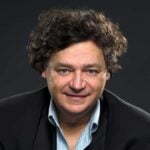
(French) Philippe Schœller – Chevalier de l’ordre des Arts et des Lettres
Nous avons le plaisir de vous annoncer que Graciane Finzi et Philippe Schœller sont nommés au grade de Chevalier de l’ordre des Arts et des Lettres.

(French) Diffusion sur France Musique Eros songs – Philippe Schœller – 10 avril 2019
à 20h sur France Musique Eros songs pour 2 chœurs de 6 voix symétriques a capella dans le cadre du Festival Présence par l’ensemble Musicatreize.

(French) Création mondiale Eros Songs – Philippe Schœller – 17 février 2019
Dimanche 17 Février 2019 16h00 Maison de la Radio – Studio 104 – Dans le cadre du Festival Présence. Eros songs pour 2 chœurs de 6 voix symétriques a capella Musicatreize Roland Hayrabédian direction http://www.maisondelaradio.fr/evenement/musique-contemporaine/concert-n14/festival-presences-2019
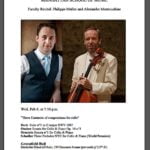
(French) Création trois préludes pour piano et violoncelle – Philippe Schœller – 06 février 2019
Mercredi 06 février 2019 à 19h30 -Salle de greenfield École de musique de Manhattan 130, avenue claremont. (juste au nord de w. 122 e). ) New York, ny 10027 Cet […]

(French) Création Trois Préludes pour piano – Philippe Schœller – 06 novembre 2018
Mardi 06 novembre à 20h30 Casa della Musica à Parme dans le cadre du Festival Traiettorie 2018 Trois préludes pour piano interprète Marroussia Gentet. http://www.fondazioneprometeo.org/traiettorie/2018/gentet.html https://www.oci-piano.com/fr/news/20h30-concert-de-maroussia-gentet-au-festival-traiettorie-2018-parme-italie/

(French) Création Mondiale Eros songs – Philippe Schœller
De Lundi 01 octobre à vendredi 05 octobre et Samedi 06 octore sur France Musique (Alla Breve Anne Montaro) Eros Songs pour 2 choeurs de 6 voix symétriques a capella (commande […]

(French) Création mondiale Eclipses – Philippe Schœller
Samedi 29 septembre 2018 à 17h – Salle de la Bourse – Strasbourg Eclipses pour piano – commande du festival Nancyphonies avec le soutien de la Fondation Francis et Mica […]

(French) Création mondiale Dance for Hermes – Philippe Schœller
Vendredi 28 septembre à 19h au AOI Concert Hall Shizuoka, Japon Dance for Hermes pour violoncelle, lyra & 2 percussions. – Jean-Guihen Queyras, CELLO – Bijan Chemirani, Keyvan Chemirani, PERCUSSIONS – Sokratis […]

(French) Création mondiale de Archaos Infinita III et Reprise de Archaos Infinita I & II – Philippe Schoeller
Vendredi 21 septembre à 20h30 à la scala de Paris 13 Boulevard de Strasbourg, 75010 Paris. Par le Paris Percussion Group, direction Julien Leroy dans le cadre d’ Aux Armes, Contemporains ! #2 […]

(French) Ciné-Concert – J’accuse Film d’Abel Gance – Musique de Philippe Schœller
Vendredi 14 septembre à 20h – Konzerthaus Berlin – Gendarmenmarkt, 10117 Berlin-Mitte par le Berlin Radio Symphony Orchestra sous la direction de Frank Strobel. https://www.berlinerfestspiele.de/en/aktuell/festivals/musikfest_berlin/presse_mfb/pressemeldungen_mfb/pressemeldung_detail_mfb_266965.php
Events
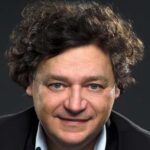
14
Mar
2024
Philippe Schœller
Premiere – Hercule, l’Hydre de Lerne (for mixed choir & piano) Salle Musicatreize – Marseille – 20h Ensemble Musicatreize Marie-Josèphe Jude – pianoRoland Hayrabedian – direction read more

30
Sep
2023
Philippe Schœller
Némésis for soprano, flute, piano, cello & narrator Phillipe Murgier – comédien, Jazmin Black Grollemund – soprano, Christel Rayneau – flûte, Akexandre Gasparov – piano & Christophe Beau – violoncelle. […]

09
Aug
2023
Philippe Schœller at the International Piano Festival de la Roque d’Anthéron le 7 & 9 août 2023
Ö for piano Three Preludes for piano Madrigal for violin, viola, cello & piano August 7 – Auditorium Centre Marcel Pagnol – France 18H00 Thomas Briant, violin Guillaume Florès, viola […]

22
Jul
2023
Philippe Schoeller in residence at the Plage Musicale Festival in Bangor
Creation of Némésis for soprano, flute, piano, cello & narrator. Salle Arletty – Le Palais – 20H30 read more

01
Jul
2023
(French) Philippe Schoeller – Festival Le Banquet
œuvres de Bach, Scarlatti, Schumann, Debussy, Sciarrino, Berio, Achenberg et Schoeller 15, Grande Rue – Cussy-les-Forges (89) 1er juillet – 19H00 2 juillet – 16H00 Jeanne-Marie Conquer, violon Léo Marillier, […]
